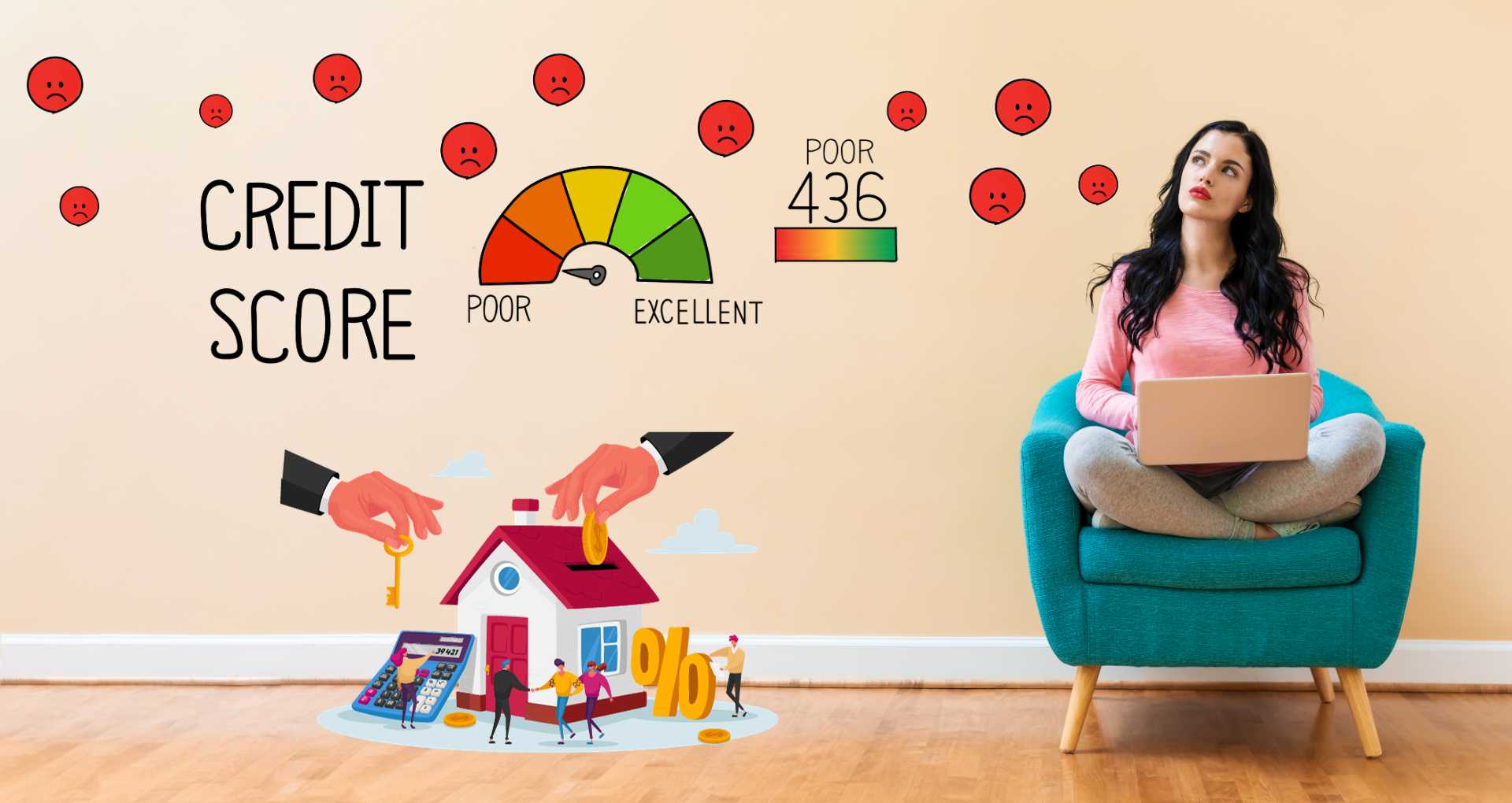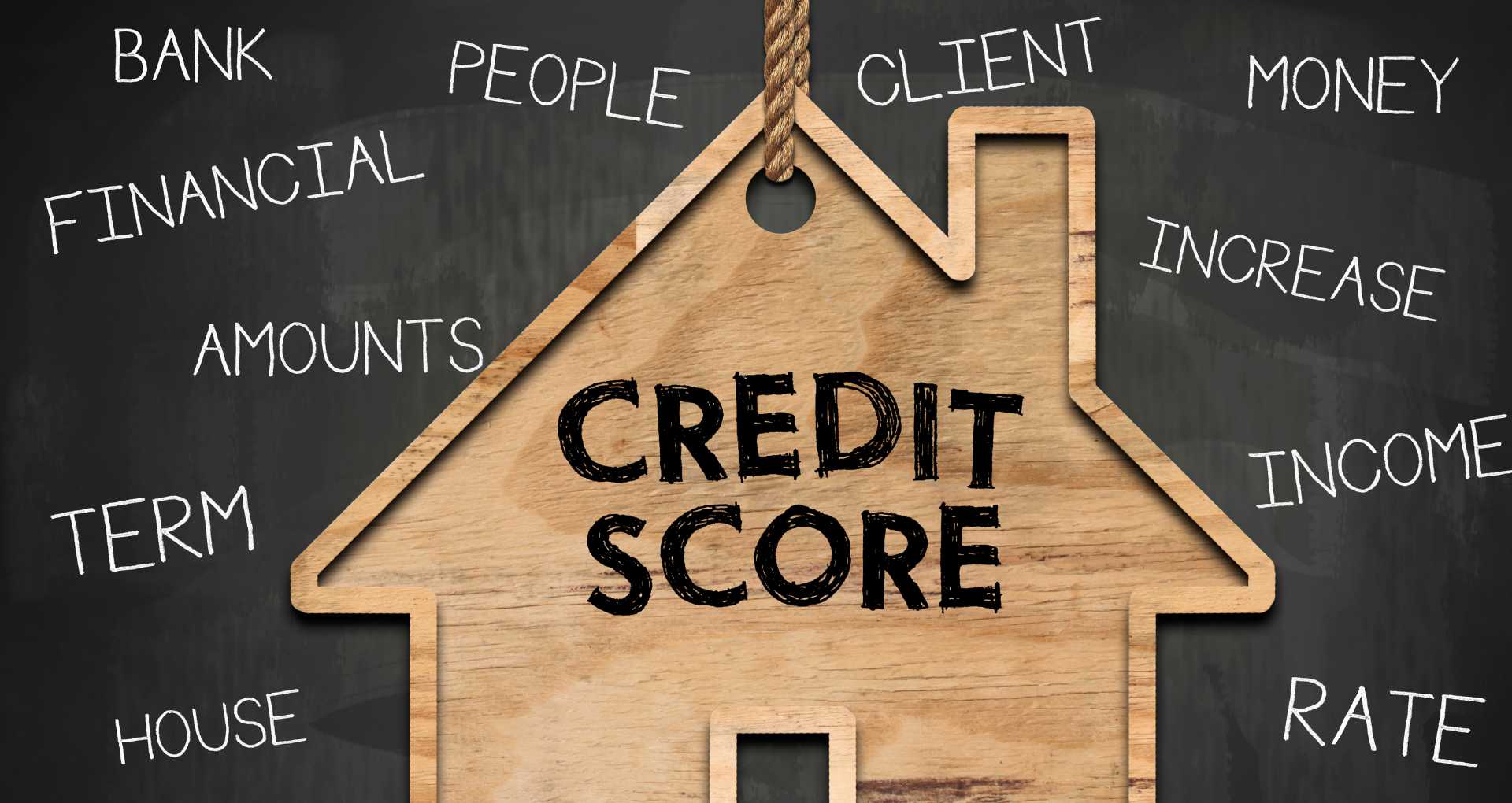Welcome To Our Mortgage Educational Blog About:
Why Your Credit Score Matters In Mortgage Applications

While your dream of owning a home in Canada is within reach, there’s a crucial piece of the puzzle you can’t afford to overlook – your credit score.
Whether you’re a seasoned homebuyer or a first-timer, your credit score will dictate the terms of your mortgage.
As a mortgage broker, I’m here to strip away the complexities and show you why your credit score is your best friend in this exciting yet daunting process.
Understanding The Credit Score or FICO Score
Your credit score is a three-digit number that lenders use to gauge your creditworthiness. It’s like a snapshot of your financial history and credit behaviour, ranging from 300 to 850.
In essence, the higher your score, the better your chances of securing a mortgage with favourable terms. While various lenders may employ different scoring models, FICO scores are commonly employed in the realm of mortgage lending.
How Is It Calculated?
The calculation of your credit score hinges on several factors, including your payment history, available credit limit, the extent of your credit utilization, the duration of your credit history, the types of credit accounts you have, and any recent credit inquiries.
Now that we have covered the basics, let’s delve into why your credit score wields so much influence in the realm of mortgage applications.
How Credit Score Affects Your Mortgage Application
Mortgage lenders scrutinize your credit score to assess the risk of lending to you –
Qualifying for a Mortgage
One of the most significant ways your credit score affects you is by determining whether you qualify for a mortgage. Lenders use your score to assess the level of risk you pose as a borrower.
Mortgage Rates
Even if you do qualify for a mortgage with a lower credit score, it can still cost you more in the long run.
Lenders often offer better interest rates to borrowers with higher credit scores, which can translate to substantial savings over the life of your loan.
Credit Score and Your Monthly Payments
Your credit score can also influence the size of your monthly mortgage payments. A lower score may lead to higher interest rates and, consequently, higher monthly payments. This can impact your budget and long-term financial goals.
Checking Your Credit Report
To pave the way for your dream home, you’ll need to become well-acquainted with your credit report.
Compiled by credit bureaus, this report contains vital information about your credit history, credit card balances, credit utilization, and more.
You can obtain a free copy of your credit report annually from the three major credit bureaus. Regularly reviewing your credit report is crucial to spot errors and discrepancies that could hurt your score.
Tips To Improve Your Credit Score
Timely Payments – Pay your bills on time, as late payments can significantly lower your score.
Manage Your Credit Cards – Keep the balances on your credit card low and avoid taking any new credit. Don’t max out your credit limit. Lenders prefer to see a low credit utilization ratio.
Diverse Line Of Credit – Having a mix of credit types, including credit cards, loans, and mortgage loans, can positively affect your score.
FAQs On Credit History For Mortgage Loan

How often should I check my credit score and report?
It’s advisable to check your credit report annually and monitor your score regularly, especially when you’re planning to apply for a mortgage.
How long does it take to boost my credit score?
Improving your credit score is a gradual process. It may take up to several months, but responsible credit management can lead to positive changes over time.
What’s a good credit score to qualify for a mortgage in Canada?
A good credit score typically starts at around 650, but the higher your score, the better your chances of qualifying for favourable mortgage terms.
Will applying for a mortgage hurt my credit score?
It may temporarily affect your credit score due to the credit inquiry, but responsible mortgage management can help mitigate any negative effects.
Secure The Best Mortgage Rates With A Good Credit Score
Your credit score isn’t just a number; it’s a key that can unlock your homeownership dreams. Before applying for a mortgage in Canada, take the time to understand your credit score and work on improving it if necessary.
Remember, a higher credit score can lead to better mortgage terms, lower interest rates, and ultimately, more savings in your pocket.
At Sandra Forscutt, we’re committed to helping you achieve your homeownership goals. If you have any questions or need personalized assistance with your mortgage application, don’t hesitate to reach out.
Your dream home in Canada is closer than you think!
Recent Educational Blogs
Preparing for Renewal Season
Oct 2025 | Preparing for Renewal Season: What 2026 Borrowers Should Do NowWith nearly 60% of Canadian homeowners set to renew their mortgages by the end of 2026, preparation has never been more important. After years of ultra-low rates during the pandemic, many...
Navigating Mortgage Renewals
Sept 2025 | Navigating Mortgage RenewalsFrom Rock-Bottom Rates to Today’s RealityIf you were lucky enough to secure a mortgage in the early days of 2020, chances are your rate was impressively low, often near 1% to 2%. At the time, the Bank of Canada’s overnight rate...
How Your Credit Score Impacts Mortgage Approval
Aug 2025 | How Your Credit Score Impacts Mortgage Approval If you’re thinking about buying a home, you might be wondering how your credit score influences the process. The short answer: your credit score is one of the most important factors lenders consider when...




